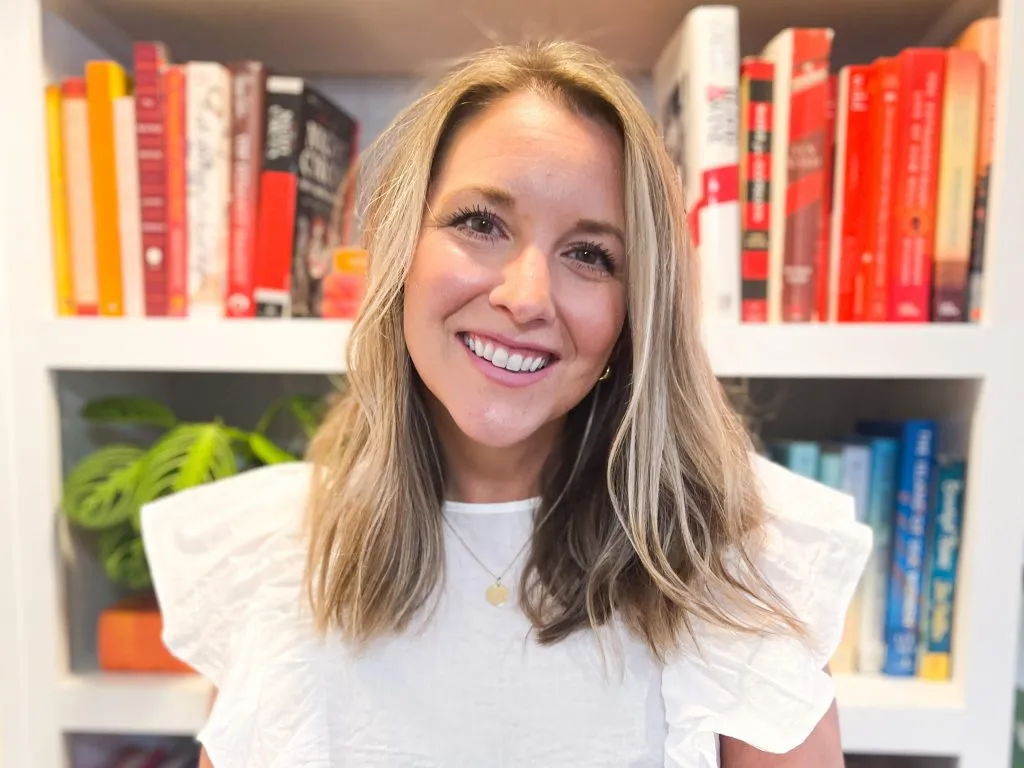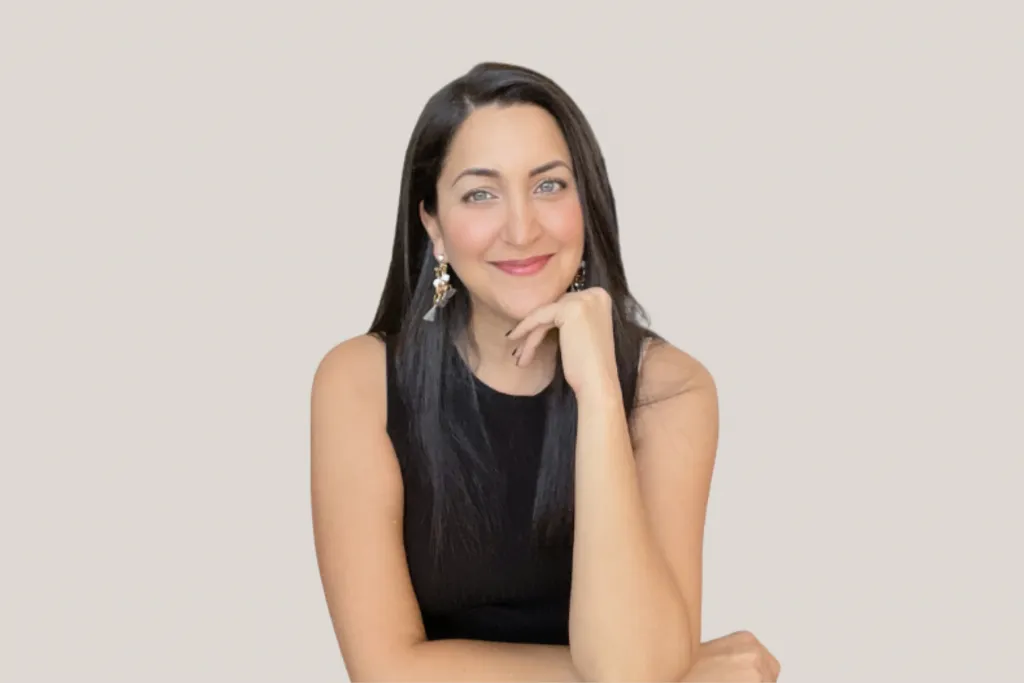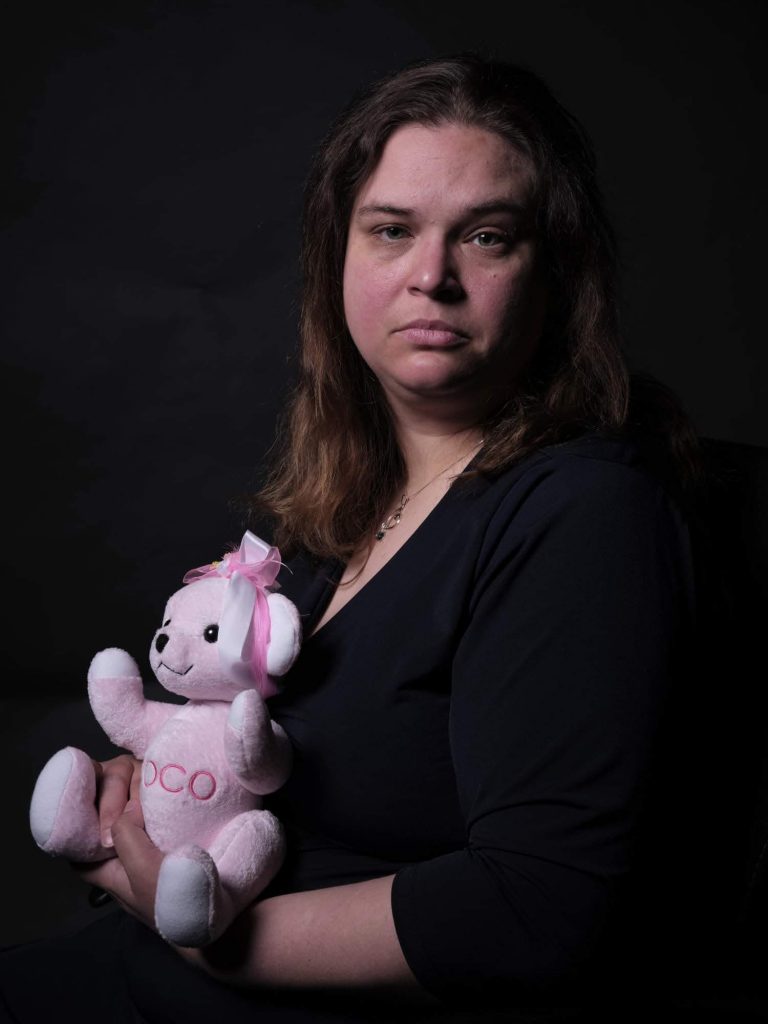Navigating Parental Leave: Podcast Episode #173

Kristin discusses the ins and outs of navigating parental leave with Linzay Davis, Founder of The Park. You can listen to this complete podcast episode on iTunes, SoundCloud, or wherever you find your podcasts. Ask The Doulas Podcast · Navigating Parental Leave Welcome. You’re listening to Ask the Doulas, a podcast where we talk to […]
The Secret to Creating More Calm and Joy in Motherhood: Podcast Episode #172

Kristin chats with Peg Sadie of the Resilient Mom Academy about self-care, joy in motherhood and so much more. You can listen to this complete podcast episode on iTunes, SoundCloud, or wherever you find your podcasts. Ask The Doulas Podcast · The Secret to Creating More Calm and Joy in Motherhood Welcome. You’re listening to […]
Navigating Life After Loss: Podcast Episode #171

Kristin chats with Michelle Valiukenas from the Colette Louise Tisdahl Foundation about navigating life after loss. You can listen to this complete podcast episode on iTunes, SoundCloud, or wherever you find your podcasts. Ask The Doulas Podcast · Navigating Life After Loss Welcome. You’re listening to Ask the Doulas, a podcast where we talk to […]
